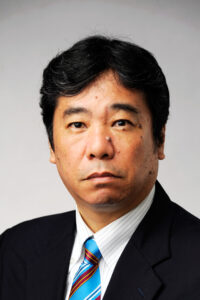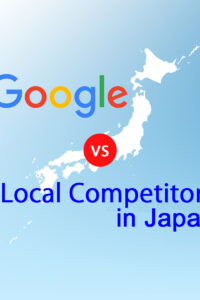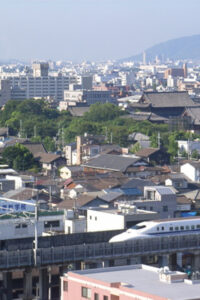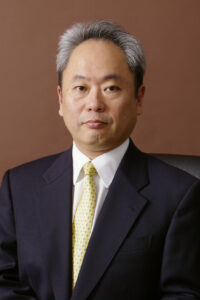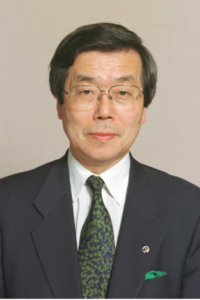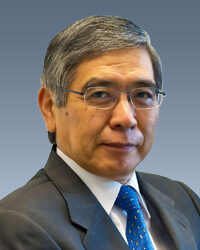
Mr. Kuroda, it was 20 March 2013 when you were appointed as the 31st Governor of the Bank of Japan (BOJ). Almost three whole years have passed since then. Today I’d like to have you reflect back over your time as governor since your appointment, and to hear about your outlook for the future. Firstly, could you please tell us about the way in which Prime Minister Abe Shinzo approached you with regard to your appointment to the role of Governor? Kuroda: At the time, I was working as president of the Asian Development Bank (ADB). I received a direct call from Prime Minister Abe at the ADB headquarters in Manila, in the Philippines. I’d prefer not to elaborate on the details of exactly what was said to me; but if I tell you my own feelings, it’s a fact that I was extremely ... ... [Read more]

